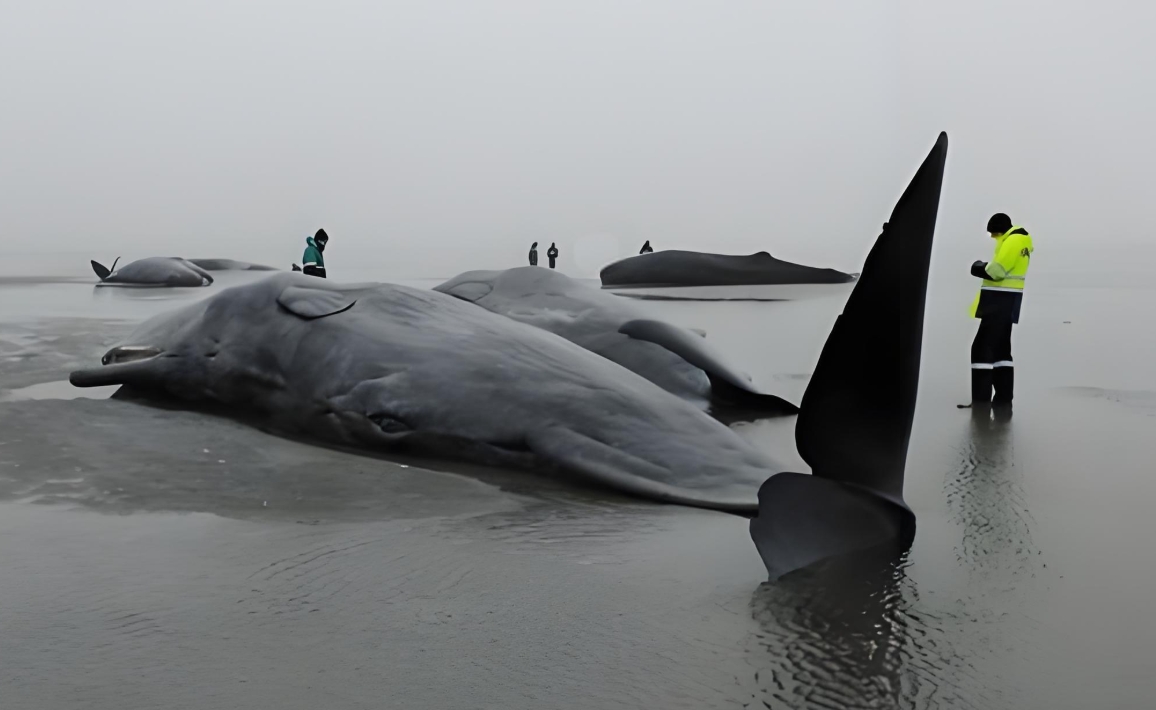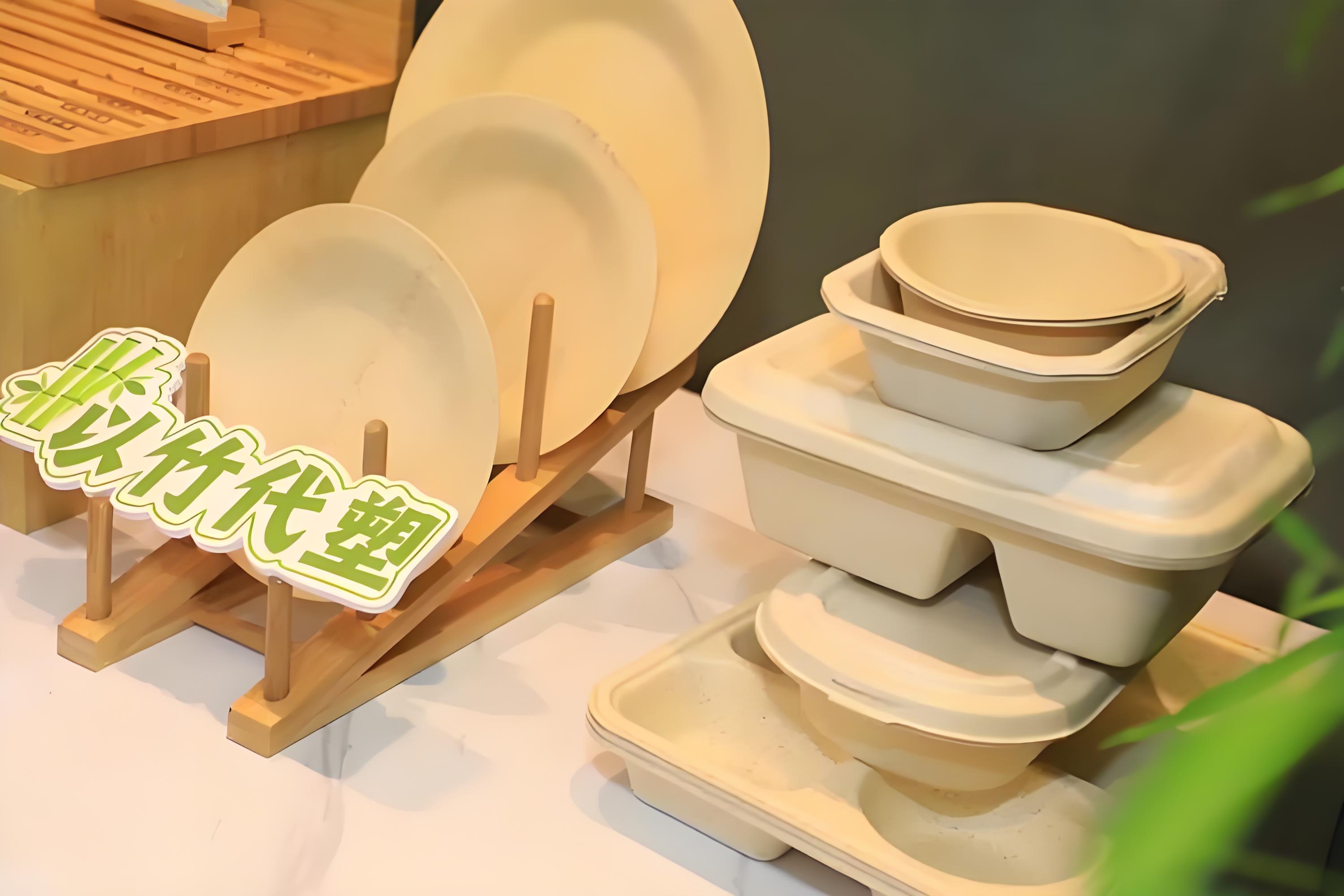
On a misty morning in 2023 along the Pacific coast, a 15-meter sperm whale drew its final breath. Marine biologists later extracted 100 pounds (45 kg) of plastic debris from its stomach—shredded grocery bags, fishing net fragments, and bottle caps that formed a grotesque mosaic of human indifference. This tragic scene is not unique; over 2,000 cetaceans strand themselves globally each year, their intestines clogged with synthetic ghosts from our throwaway culture.
Every 60 seconds, the equivalent of a garbage truck's worth of plastic—2.5 million plastic jugs—dumps into the ocean. These pollutants coalesce into five swirling garbage patches, the largest spanning twice the size of Texas. Microplastics now outnumber plankton 30:1 in some regions, infiltrating the base of the food chain. A chilling 2024 UC San Diego study revealed that 94% of seabirds and 50% of sea turtles ingest plastic, while toxins like bisphenol A (BPA) from degrading waste alter marine DNA—creating "mutant" fish populations with plummeting fertility rates. Even humans aren't spared: microplastics now permeate 80% of tap water samples worldwide.
Bamboo—the "green steel" cultivated for millennia in Asia—is staging a 21st-century comeback. With 6 million hectares of bamboo forests in China alone (enough to cover Ireland twice), this rapid-renewable resource grows up to 4 feet daily, absorbing 35% more CO₂ than equivalent tree stands. Its versatility shatters plastic's monopoly:
•Bamboo fiber tableware fully biodegrades in seawater within 45 days (vs. plastic's 450-year lifespan).
•Bamboo-reinforced packaging withstands 300% more compression than polystyrene.
•Heat-treated bamboo straws endure 250°F liquids without warping.
The math is irresistible: swapping just 10% of global plastic with bamboo alternatives could slash ocean plastic inflow by 5 million metric tons annually.
Change begins where takeout containers pile up and coffee cups clutter desks:
•Seattle's "Bamboo Block" initiative cut single-use plastics by 72% in 18 months by distributing reusable bamboo meal kits to 10,000 households.
•San Francisco's EcoBamboo now produces compostable six-pack rings that nourish coral reefs instead of strangling seals.
•Miami startups are turning bamboo into marine-safe fishing gear—traps that degrade harmlessly if lost at sea.
Even Big Business is pivoting: Walmart's 2025 Sustainable Packaging Mandate requires suppliers to adopt bamboo-based materials, a move projected to eliminate 18 billion plastic bags from landfills by 2030.
From Silicon Valley engineers carrying bamboo laptops to Maine lobstermen testing biodegradable trap tags, this isn't just eco-activism—it's a survival recalibration. Each bamboo toothbrush buried in a backyard (breaking down in 90 days vs. plastic's 1,000-year sentence) writes a new clause in humanity's contract with nature. As Hawaiian surfers paddle out on bamboo-fiber boards and Caribbean resorts build bamboo wave barriers, these choices stitch together a global tapestry of hope. The click of a bamboo coffee lid isn't just a sound—it's the first note in an oceanic requiem turned revival anthem.

At Shenzhen Prosperous Household, we are committed to revolutionizing sustainability through high-quality bamboo products. As a leading manufacturer in China, we specialize in machine-crafted bamboo solutions that cater to businesses worldwide, from hotels and restaurants to large retail chains. Our mission is to replace single-use plastics with durable, eco-friendly alternatives, ensuring a greener future for all.
